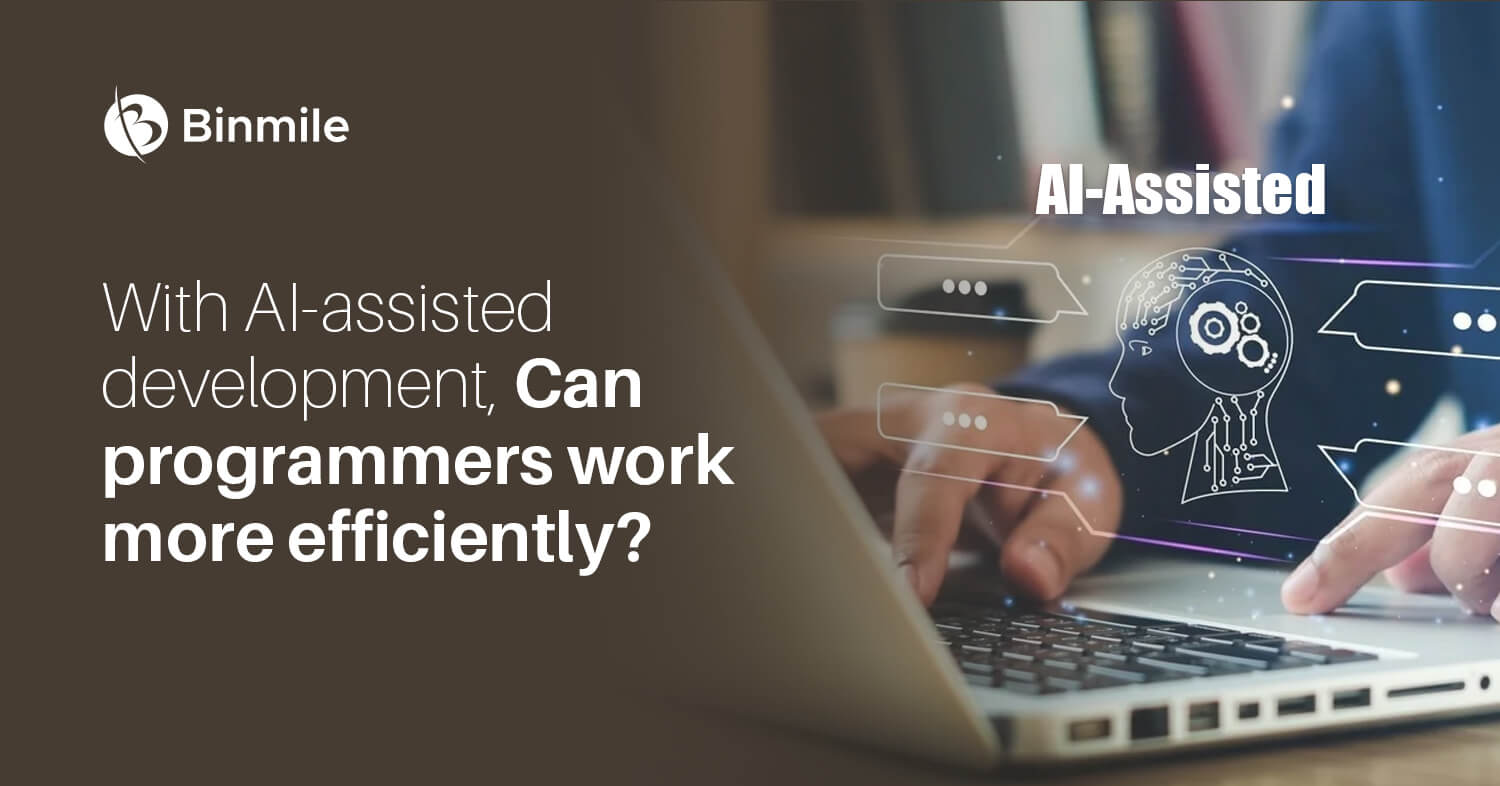Artificial Intelligence (AI) has become an integral part of our daily lives, revolutionizing industries and shaping the future of technology. In this article, we’ll delve into the pros and cons of ai, exploring its benefits, drawbacks, applications, and the impact of AI development companies in driving innovation and addressing challenges.
What is AI?
AI refers to the simulation of human intelligence processes by machines, including learning, reasoning, and problem-solving. It encompasses various technologies such as machine learning, natural language processing, and computer vision, enabling computers to perform tasks that typically require human intelligence.
Importance of AI in Today’s World
AI plays a crucial role in driving innovation, enhancing productivity, and solving complex problems across diverse domains. From virtual assistants and recommendation systems to autonomous vehicles and medical diagnosis, AI has transformed how we live, work, and interact with technology.
Pros of AI
Efficiency and Automation
One of the significant advantages of AI is its ability to automate repetitive tasks and streamline processes, leading to increased efficiency and productivity. AI-powered systems can analyze vast amounts of data, identify patterns, and make data-driven decisions faster and more accurately than humans.
Enhanced Decision Making
AI algorithms can analyze data from multiple sources, detect trends, and generate insights to support decision-making processes. By providing timely and relevant information, AI empowers businesses and individuals to make informed decisions and achieve better outcomes.
Personalization and Customization
AI enables personalized and customized experiences by analyzing user behavior, preferences, and past interactions. From personalized recommendations on e-commerce platforms to tailored content in digital marketing campaigns, AI enhances user engagement and satisfaction by delivering relevant and targeted experiences.
Cons of AI
Job Displacement
One of the major concerns surrounding AI is its potential impact on employment, as automation and AI-driven technologies may lead to job displacement in certain industries. While AI creates new job opportunities, it also requires reskilling and upskilling of the workforce to adapt to the changing labor market dynamics.
Ethical Concerns
AI raises ethical concerns related to privacy, bias, and accountability, as algorithms may inadvertently perpetuate existing biases or make decisions that have ethical implications. Addressing these concerns requires transparency, fairness, and ethical guidelines to ensure that AI technologies benefit society as a whole.
Dependency on Technology
As society becomes increasingly reliant on AI and automation, there is a risk of over-dependence on technology and diminishing human capabilities. It’s essential to strike a balance between leveraging AI for innovation and maintaining human oversight and control to mitigate risks and maximize the benefits of AI.
Applications of AI
Healthcare
AI is transforming healthcare by enabling early disease detection, personalized treatment plans, and medical image analysis. From diagnosing diseases to predicting patient outcomes, AI-powered solutions are revolutionizing healthcare delivery and improving patient outcomes.
Finance
In the finance industry, AI is used for fraud detection, risk assessment, and algorithmic trading. AI algorithms analyze financial data in real-time, identify anomalies, and detect fraudulent activities, helping financial institutions mitigate risks and enhance security.
Retail
AI enhances the retail experience by providing personalized recommendations, optimizing inventory management, and enabling predictive analytics. From virtual assistants and chatbots to facial recognition technology, AI-powered solutions are reshaping the retail landscape and driving customer engagement.
Impact of AI Development Companies
Advancing Technology
AI development company play a crucial role in advancing technology and driving innovation by developing cutting-edge AI solutions and services. By investing in research and development, AI companies push the boundaries of what’s possible and contribute to the evolution of AI technologies.
Transforming Industries
AI development companies are transforming industries by deploying AI solutions that address specific business challenges and opportunities. From optimizing supply chain operations to improving customer service, AI technologies are reshaping industries and driving digital transformation.
Addressing Challenges
AI development companies are addressing challenges related to AI adoption, such as data quality, model interpretability, and ethical considerations. By collaborating with businesses and organizations, AI companies provide expertise, guidance, and solutions to overcome barriers and unlock the full potential of AI.
Conclusion
AI offers numerous benefits, including efficiency, enhanced decision-making, and personalization, but it also presents challenges such as job displacement, ethical concerns, and dependency on technology. As AI continues to evolve and expand its reach, it’s essential to address these challenges proactively and ensure that AI technologies benefit society while minimizing risks. With the expertise and innovation of AI development companies, we can harness the power of AI to drive positive change and shape a better future.
FAQs (Frequently Asked Questions)
1. What are the advantages of AI?
AI offers advantages such as efficiency, enhanced decision-making, and personalization, enabling businesses and individuals to achieve better outcomes.
2. What are the drawbacks of AI?
Drawbacks of AI include job displacement, ethical concerns, and dependency on technology, which require careful consideration and mitigation strategies.
3. How is AI used in healthcare?
In healthcare, AI is used for early disease detection, personalized treatment plans, and medical image analysis, improving patient outcomes and healthcare delivery.
4. What role do AI development companies play?
AI development companies play a crucial role in advancing technology, transforming industries, and addressing challenges related to AI adoption and implementation.
5. How can businesses leverage AI effectively?
Businesses can leverage AI effectively by identifying use cases, investing in AI talent and infrastructure, and collaborating with AI development companies to develop and deploy AI-powered solutions tailored to their needs.


